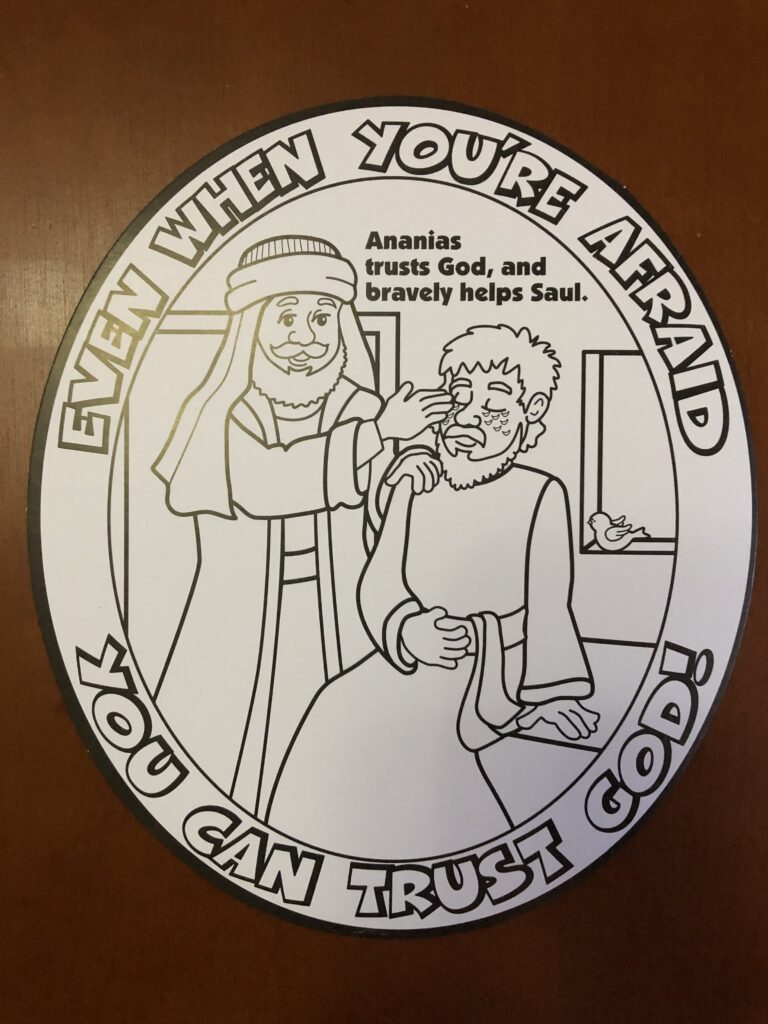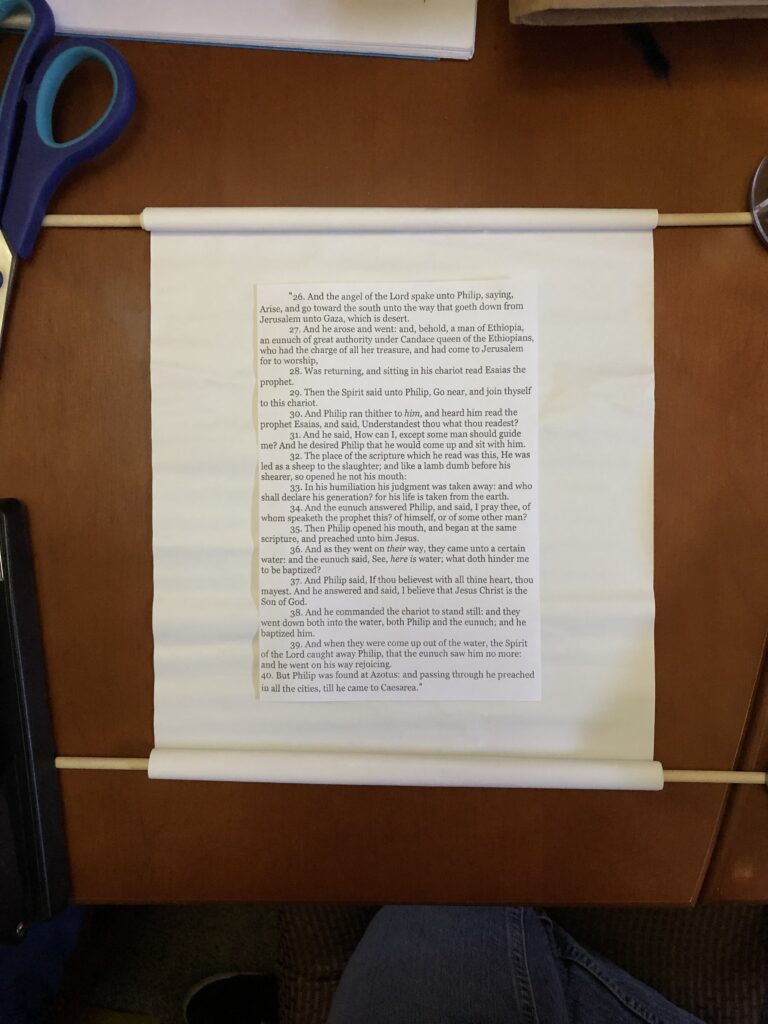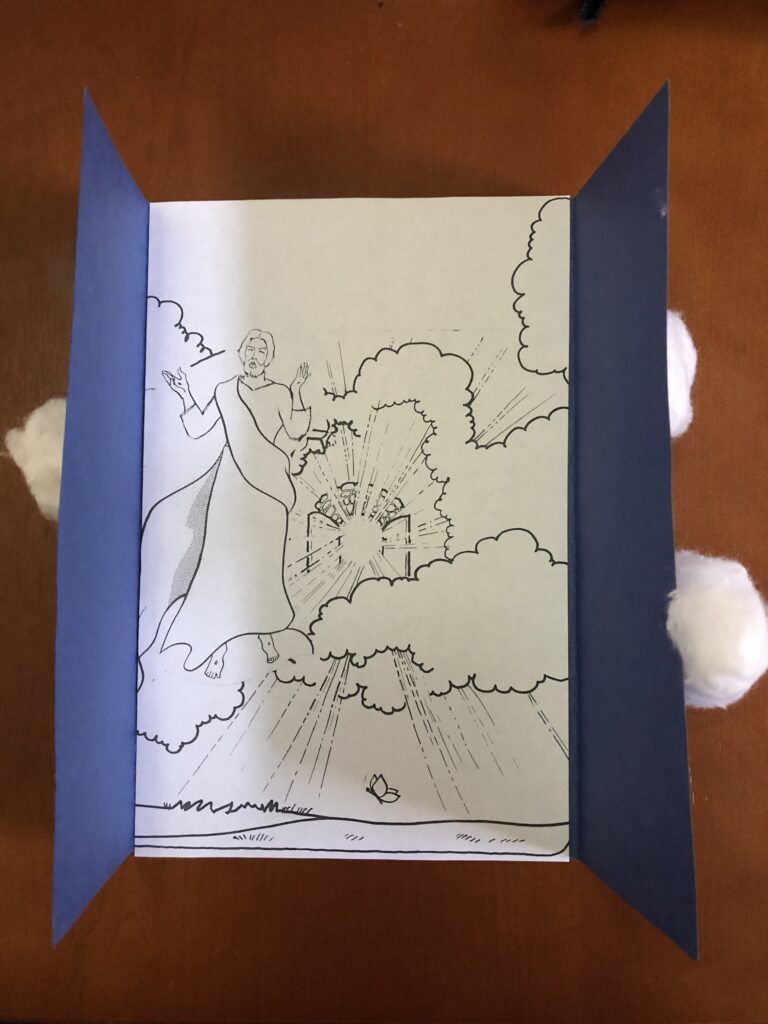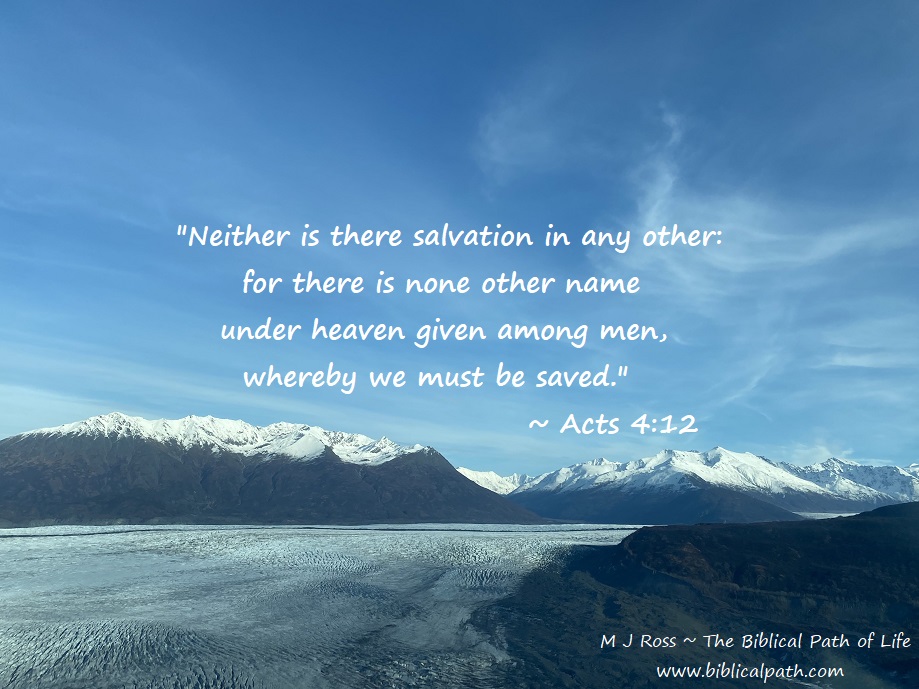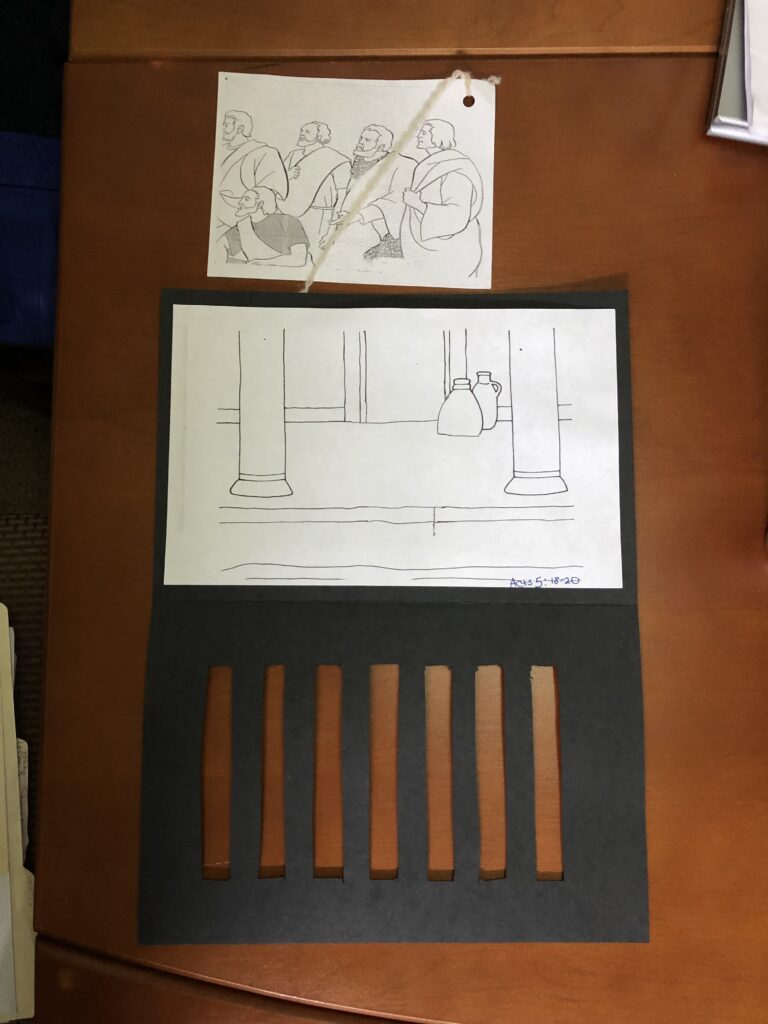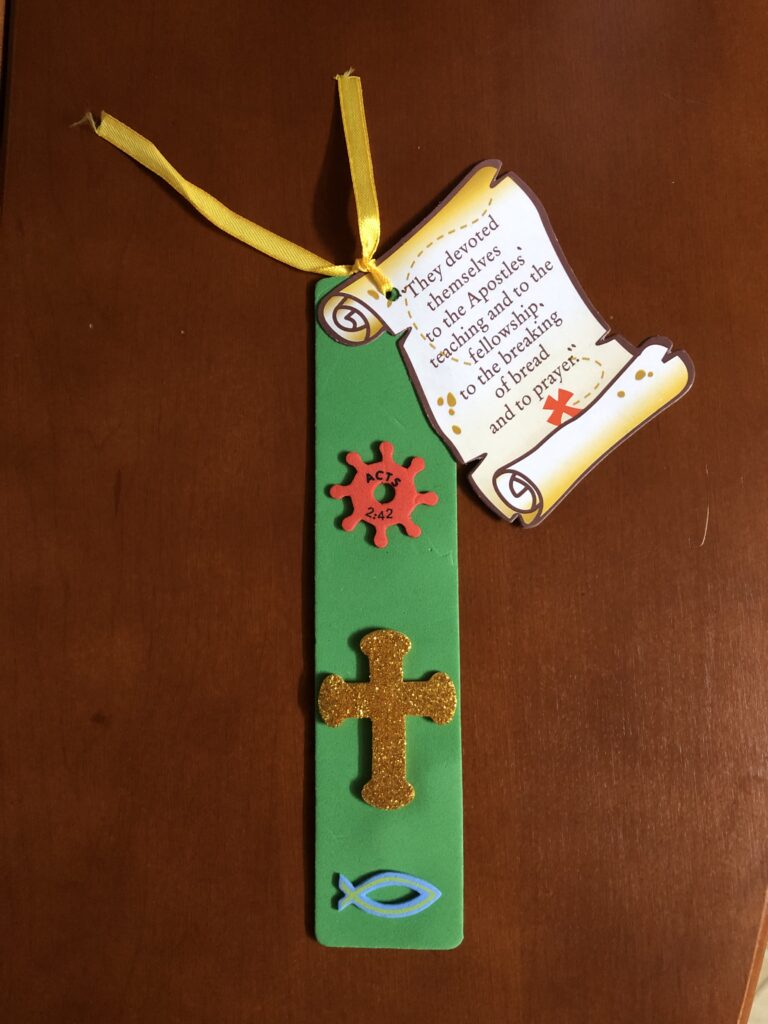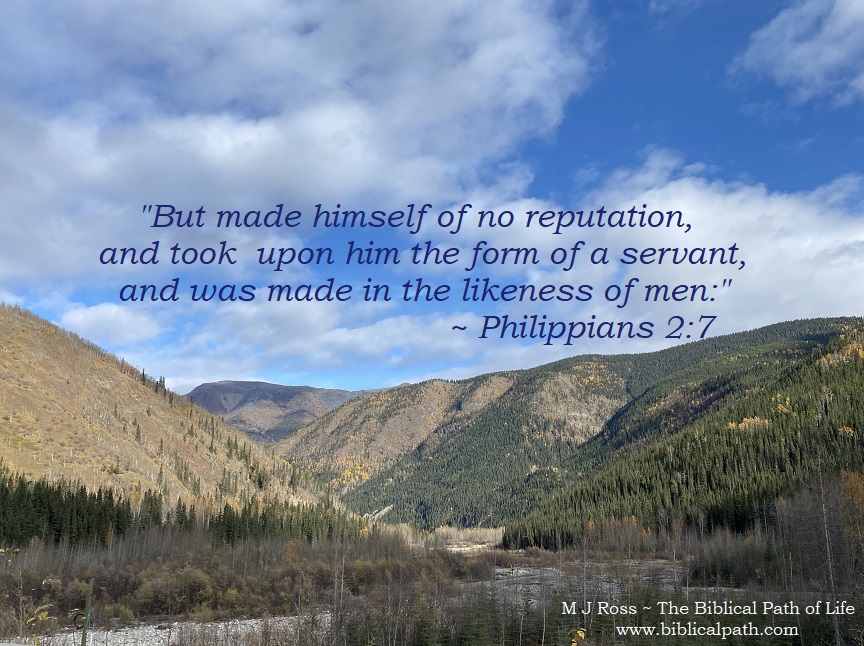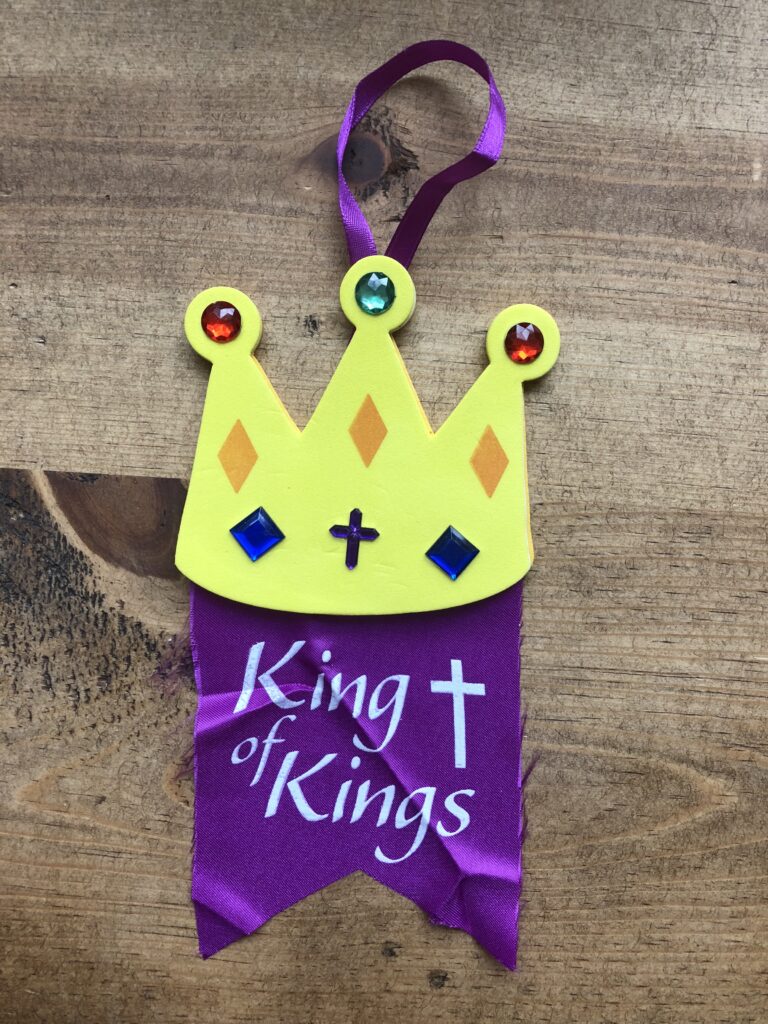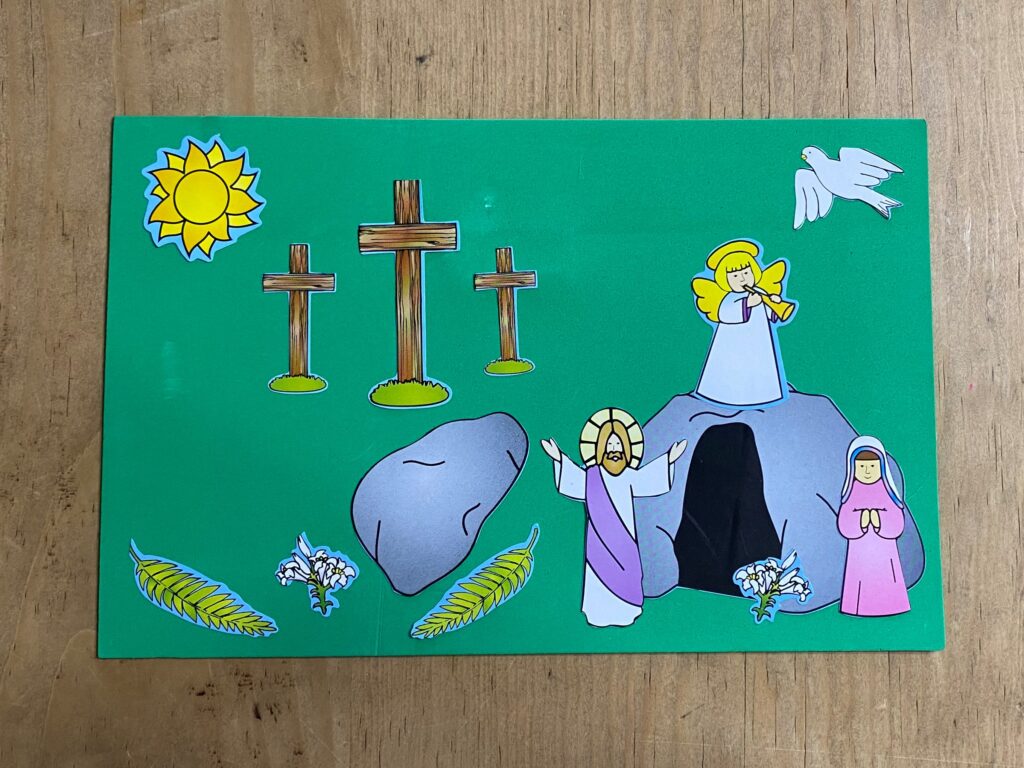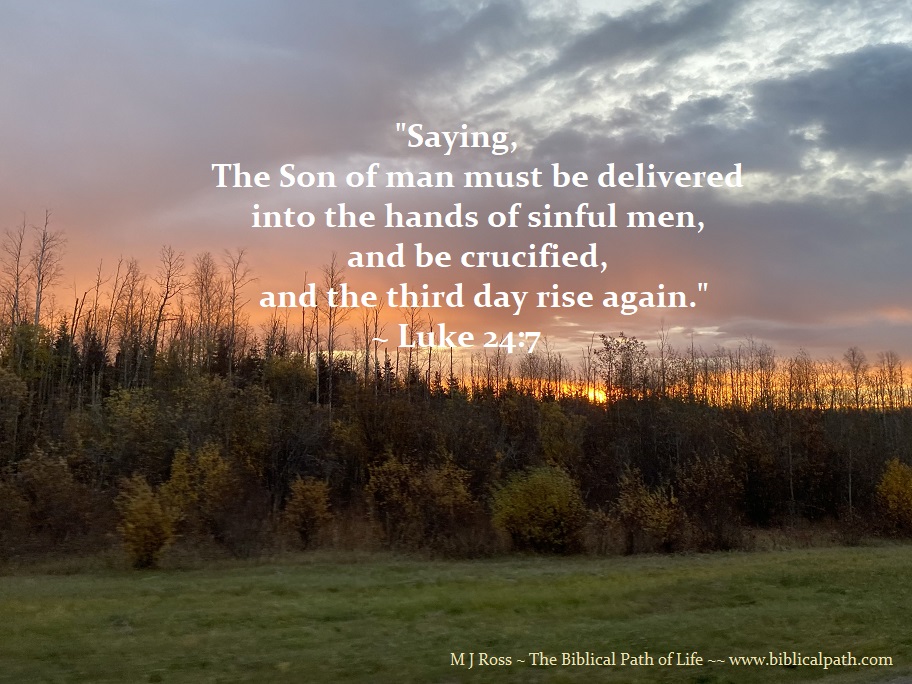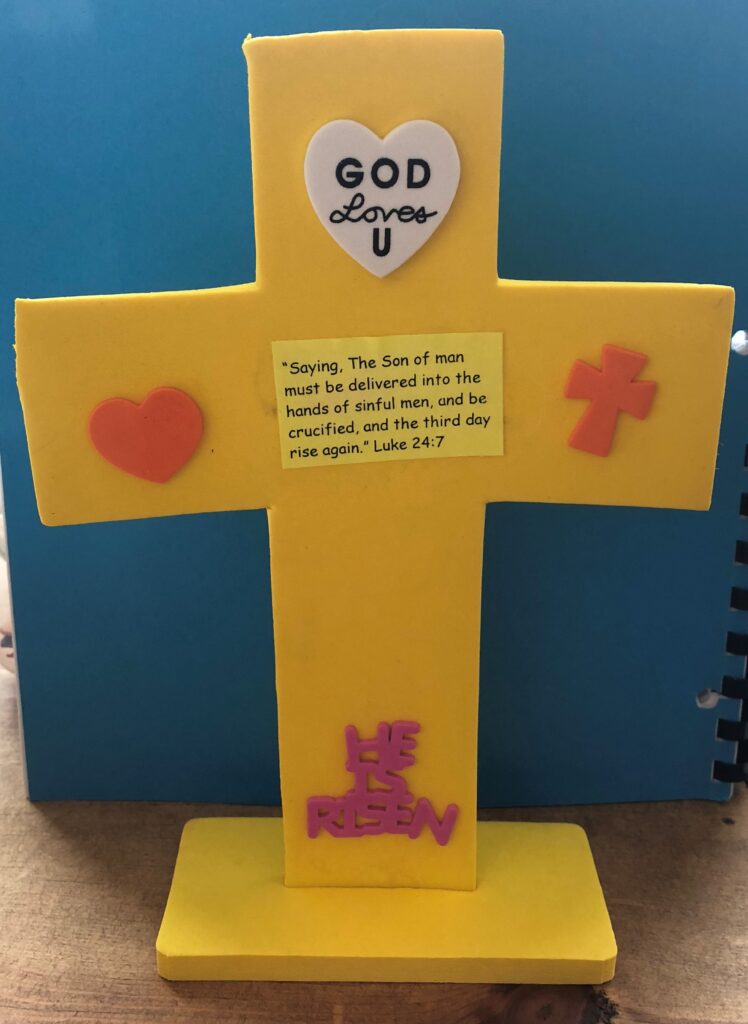
Key Verse
When they heard these things, they held their peace, and glorified God, saying, Then hath God also to the Gentiles granted repentance unto life.
—Acts 11:18
Key Verse Thought: Read today’s Key Verse. Remember that a Gentile is anyone who is not a Jew. Up to this point, we have learned that the Gospel message of Jesus had spread from Jerusalem into Samaria. So far, we have seen just the beginnings of the spread of the Gospel message to some Gentile people. In this lesson, we will see that the Jewish people finally begin to recognize that the Gentiles, too, could be saved.
Emphasis: In this lesson, we are to recognize that the Gospel message is not just for the Jew – but that anyone who will believe in Jesus can be saved. As Christians, we should never stop growing and learning. We are to become faithful witnesses – much like Peter.
Lesson Summary: In our last lesson, we saw the great transformation of Saul, later called Paul, because he responded to the call by Jesus. He was chosen to spread the Gospel message to the Gentile people. (Remember the following verse: “15. But the Lord said unto him, Go thy way: for he is a chosen vessel unto me, to bear my name before the Gentiles, and kings, and the children of Israel” Acts 9:15.)
We have learned that the church was being persecuted – which was causing the Gospel message to be scattered into the areas around (including Samaria). However, even during a time of persecution, Peter continued to do what God asked him to do. In this lesson, we will read that he continued to heal and even raised Dorcas from the dead.
Peter stayed at Simon a tanner’s house. During this time of reprieve, he received a message from the Lord. We find Peter still learning more from Jesus (when he saw a vision revealing that anyone could be saved – Jew or Gentile), as he continued to grow in the Lord. He learned that the Gospel message is for Gentiles, too. It was then that Peter obeyed God when He was sent to the Roman centurion, Cornelius’, house. Because Peter was faithful to deliver the Gospel message to a Gentile, Cornelius and many of his friends became Believers. Peter then reported to the other Believers that God could save anyone.
Y3Q2 – Questions
Y3Q2 – Children’s Worksheets
If you are teaching this to children, the following is a craft idea to help them rememer this lesson:
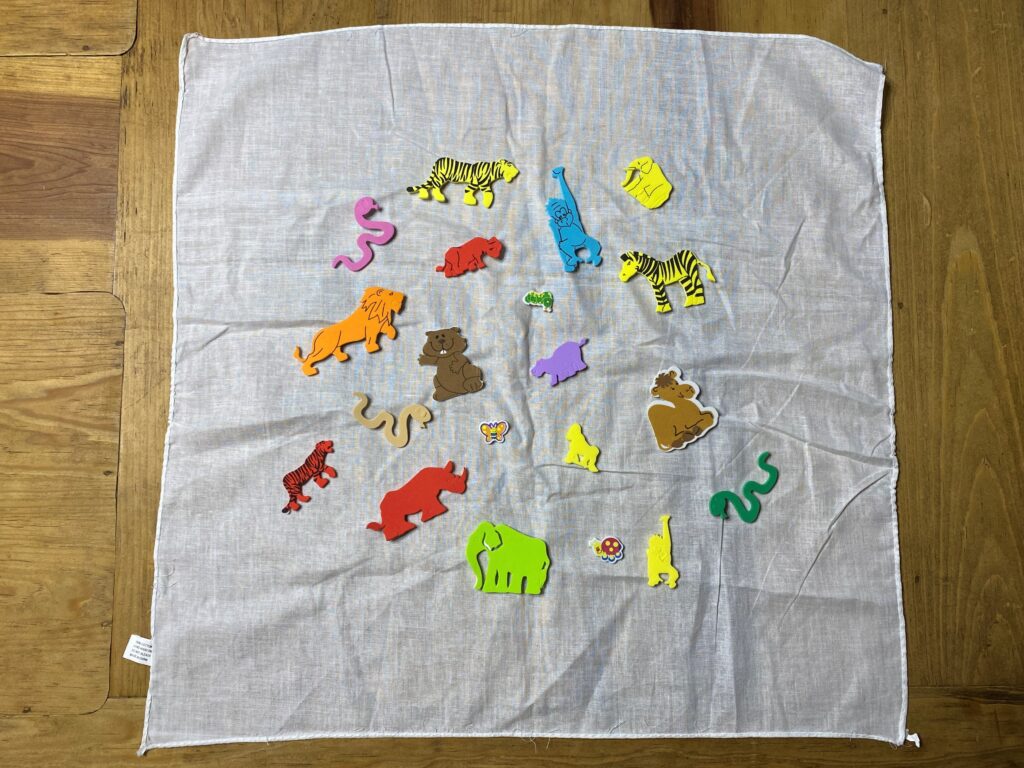
We took a white bandana and filled it with all kinds of animal stickers to help us remember Peter’s vision.
The Biblical Path of Life – Year Three, Quarter Two is now available through Amazon.

